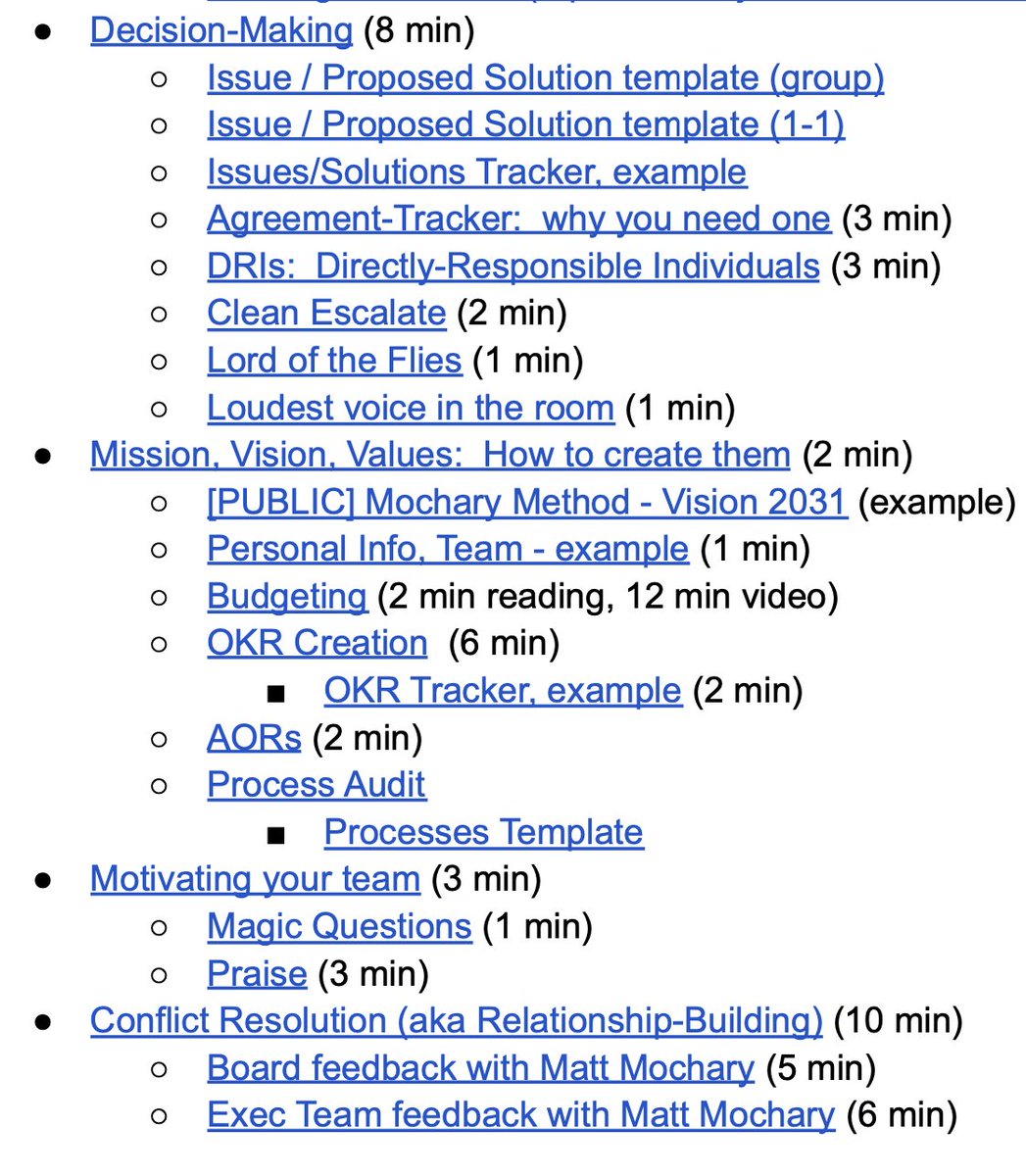2) Indie Makers have such a benefit of being small, fast, nimble workers in comparison to big companies.
We can easily pivot and vastly change a project of ours. We can change as we learn more about our users.
Big companies can take months/years for even the smallest of pivots.
3) Before you find a product market you can pivot your project as many times as necessary until you find something that works.
Then you only have one thing to do: scale, scale, scale.
4) Be obsessed with the little details.
- listen to every single person who uses your product
- reply to every single person who emails you about your product
- ask them what they like and do not like
- iterate your product, make changes, pivot if necessary
5) Paul Graham's (@paulg) name came up with a feeling of great admiration! Naturally! It was Paul who said:
In the early stages of a company just;
- write code
- talk/sell to customers to stress test your idea
Nothing else.
6) A great reason somebody will use your product is that it makes them more productive.
You gain great leverage in making products that make many many people better at their jobs.
This is a vastly under appreciated market that needs to be addressed.
7) Don't spend a long time making a product without at least asking (or straight charging) users if they would pay.
Release as soon as possible. Get feedback. See if it works.
8) Some very enthusiastic users are far far better than a large number of users who kind of like the product or service.
Take your small very enthusiastic user base and keep making the product better for them.
More users will come naturally via word of mouth.
9) As soon as you have found something that your users love... scale like your life depended on it.
How do you scale? Marketing & Sales.
Don't try to do it all yourself. Get help. Outsource. Hire.
Smart people know when to delegate.
10) There has always been an opportunity looking at complicated software that's not listening to/satisfying its user's needs.
Look for big products with a lot of negative feedback.
Make something better. Even if just a small amount of those agitated users will love it.
11) One of the best methods of preparing yourself for the corporate world (when you're an undergrad) is by getting real-world experience.
- work experience
- projects
- failing
- learning
- trying again
I think that advice is useful for a lot of us!
12) Keep moving fast by working smarter not harder.
- spending your time wisely
- working with co-founders who you get on with very well
- sharing your ideas and getting feedback
- slowly but surely learning more about what works and what does not work
13) John stays motivated and is full of energy to work in the morning because there are so many exciting problems to solve.
He loves hearing that people use his products and that they are really helpful.
Hearing that peoples lives are easier because of Stripe.
14) Courtland finds it much easier to stay motivated when somebody is holding you accountable for your work.
A weekly mailing list.
A product that needs updating.
When somebody depends on you to work, you will be much more likely to complete that work.

